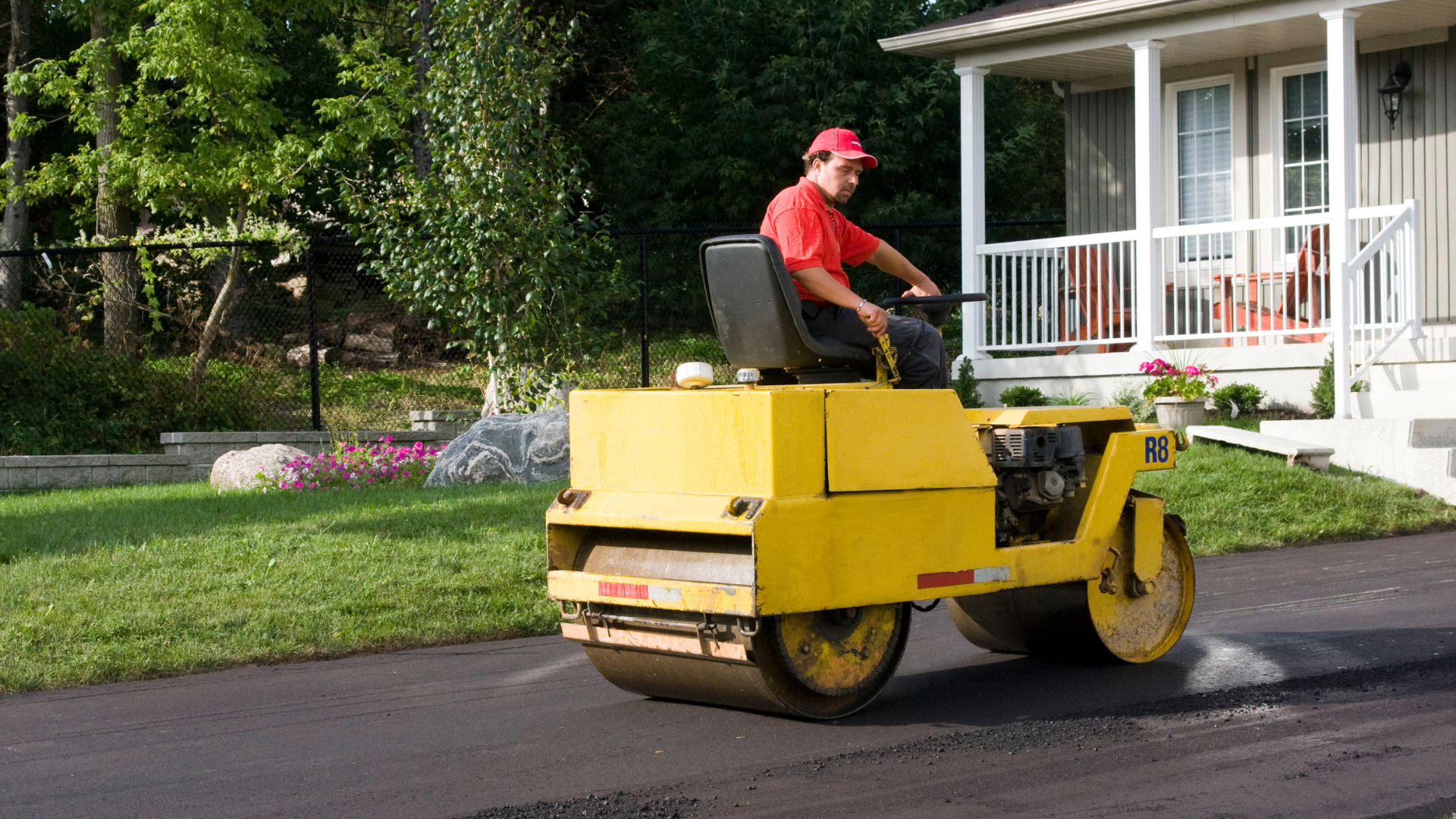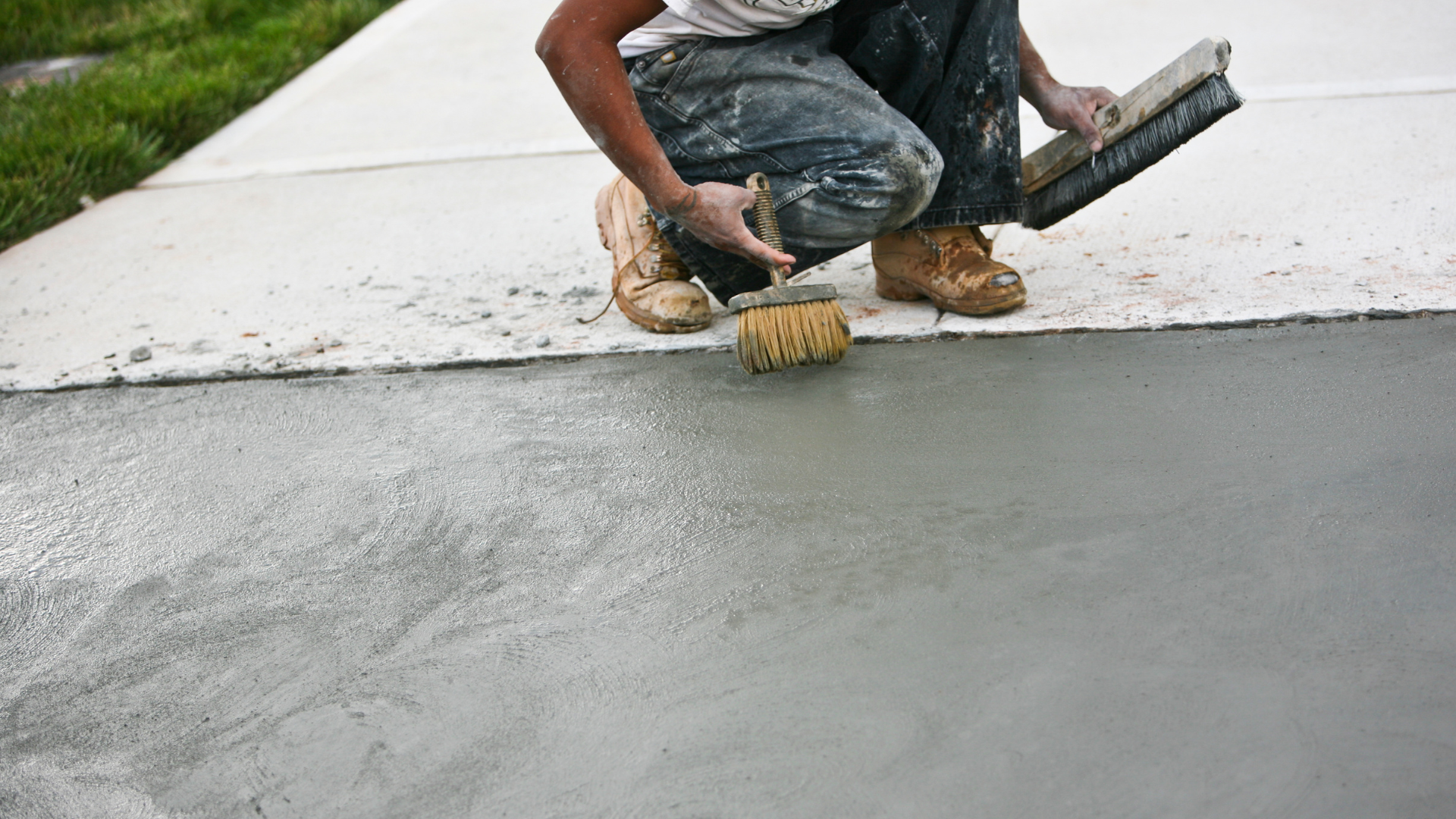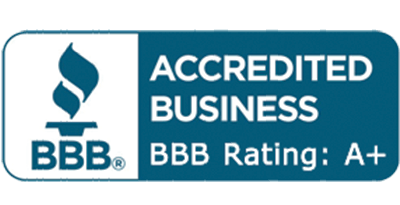
Does Your Parking Lot Need to Be Resealed?
Make a Good Impression
As a business owner or property manager, the condition of your parking lot is likely one of the last things on your mind. However, it’s important to remember that your parking lot is one of the first things customers and visitors see when they arrive at your property. A well-maintained parking lot not only creates a positive first impression but also ensures safety and prolongs the lifespan of the asphalt. One of the key maintenance tasks for keeping your parking lot in top condition is resealing. Here are some signs that indicate your parking lot may need to be resealed.
1. Visible Cracks and Fissures
One of the most obvious signs that your parking lot needs to be resealed is the appearance of cracks and fissures in the asphalt. Over time, exposure to the elements, including sunlight, rain, and temperature fluctuations, can cause the asphalt to expand and contract, leading to cracks. If left untreated, these cracks can widen and deepen, allowing water to penetrate the surface and cause further damage. Resealing helps to fill in these cracks and prevent water from seeping in, protecting the integrity of the asphalt.

2. Faded or Dull Surface
Asphalt naturally begins to fade over time due to UV exposure and general wear and tear. A faded or dull surface not only detracts from the appearance of your parking lot but also indicates that the protective sealant has worn away. This leaves the asphalt more vulnerable to damage from the elements and heavy traffic. Resealing restores the rich, black color of the asphalt and provides a fresh layer of protection, helping to extend the life of your parking lot.
3. Pooling Water
If you notice areas of your parking lot where water tends to pool after a rainstorm, it’s a sign that the asphalt is no longer properly sealed. Pooling water can lead to potholes and cracks, as the water slowly erodes the asphalt surface. Proper resealing helps to smooth out the surface and improve drainage, preventing water from accumulating and causing damage.
4. Oil and Chemical Stains
Parking lots are often exposed to various oils, chemicals, and other substances that can seep into the asphalt and cause deterioration. If your parking lot has visible stains from oil or other substances, it’s important to act quickly. Resealing can help to cover these stains and create a protective barrier that prevents further penetration of harmful substances, preserving the longevity of your parking lot.

5. Surface Roughness
A well-maintained parking lot should have a smooth, even surface. If your parking lot feels rough or bumpy when driving over it, this could be a sign that the asphalt is deteriorating and needs attention. Surface roughness not only affects the appearance of your parking lot but also poses a potential safety hazard for vehicles and pedestrians. Resealing can help to smooth out the surface and restore the parking lot to a safe, even condition.
6. Increasing Maintenance Costs
If you find that you are frequently repairing cracks, potholes, or other issues in your parking lot, it may be more cost-effective to invest in resealing rather than continuing with patchwork repairs. Regular resealing can reduce the need for more extensive repairs by providing a protective layer that helps prevent damage from occurring in the first place.
At Salisbury Pro Sealers, we specialize in professional asphalt maintenance services, including resealing, to help you keep your parking lot looking great and functioning properly. Contact us today to schedule an inspection and learn more about how we can help extend the life of your parking lot with our expert resealing services.




